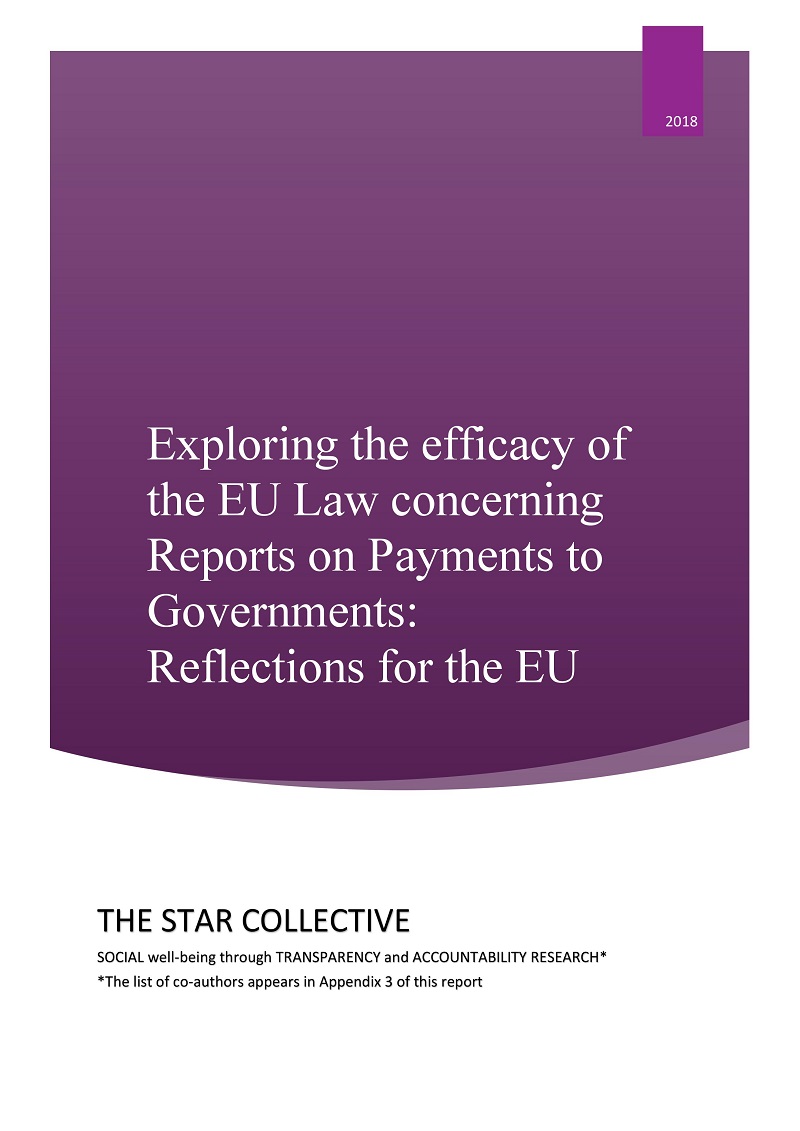The European Union’s (EU) requirements for country-by-country reporting of payments to governments by oil, gas and mining (extractive) and forestry companies consist of the Accounting Directive’s Chapter 10 provisions and the equivalent provisions of the Transparency Directive (collectively ‘the Directives’). The provisions require in-scope companies in the extractive and forestry sectors to publicly report details of payments they make to governments on an annual and per-country basis, including at project level.
The reasoning behind the provisions was that by increasing transparency concerning substantial payments made to governments of resource-rich countries by significant corporations in the extractive and forestry sectors, these governments would become more accountable for the usage of the revenues they receive. The need for greater accountability arises from the concern to see improved socio-economic development of these countries. Hence, the provisions could help overcome the ‘resource curse’.
The provisions require that payments be broken down: into categories such as taxes, royalties, bonuses and licence and other fees as well as on a country-by-country basis and into payments made in respect of specific projects as well as entity-level payments such as corporate income tax. The Chapter 10 provisions apply to companies registered within EU Member States. The Transparency Directive provisions apply to in-scope companies from both within and outside of the EU, listed on EU-regulated stock exchanges.
The study reported here follows on from an earlier study into the early transposition and implementation in the UK of the provisions of the Directives (Chatzivgeri et al., 2017).
Read the Executive Summary here.
A report prepared by the STAR Collective, an academic group from across the EU acting to enhance SOCIAL well-being through TRANSPARENCY and ACCOUNTABILITY RESEARCH.











